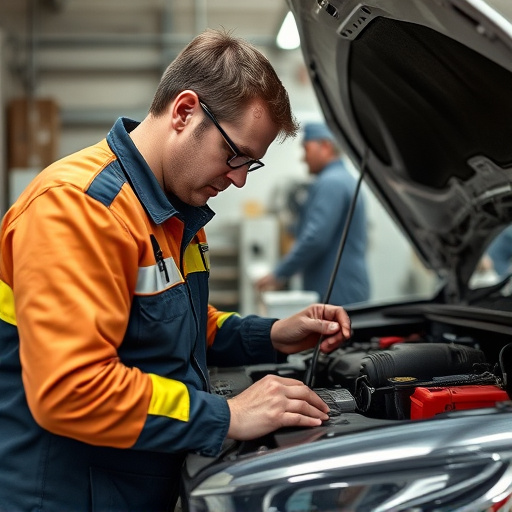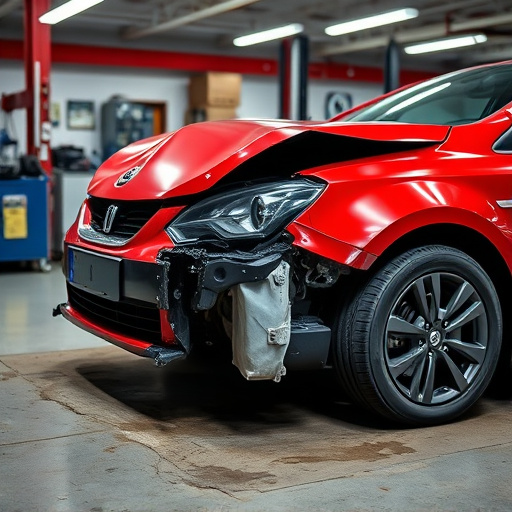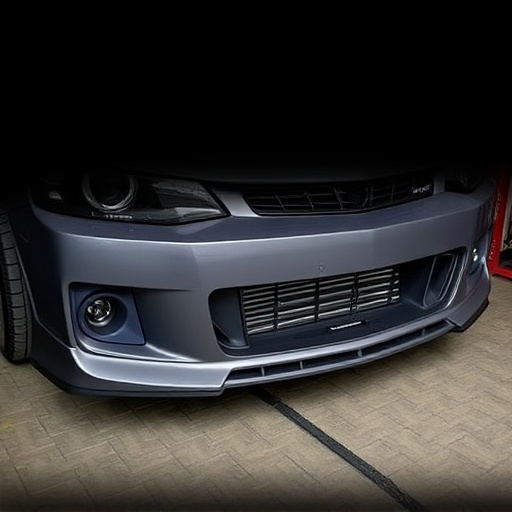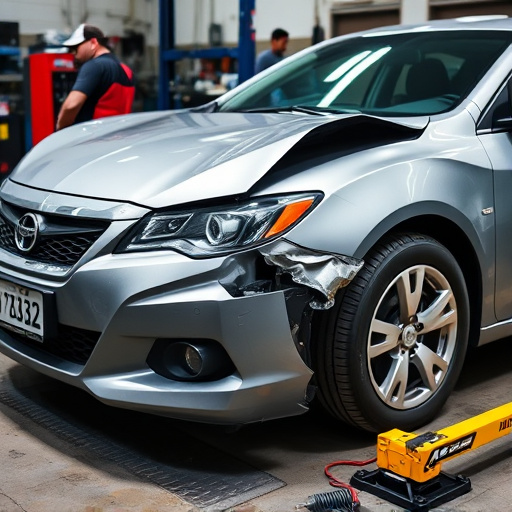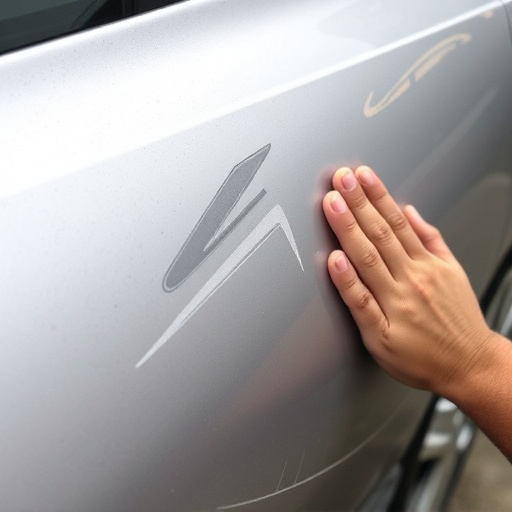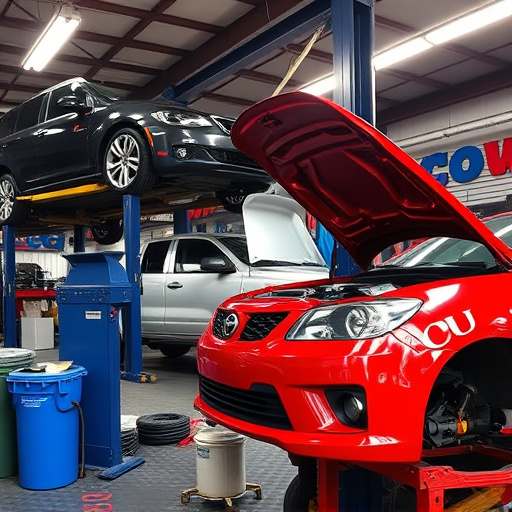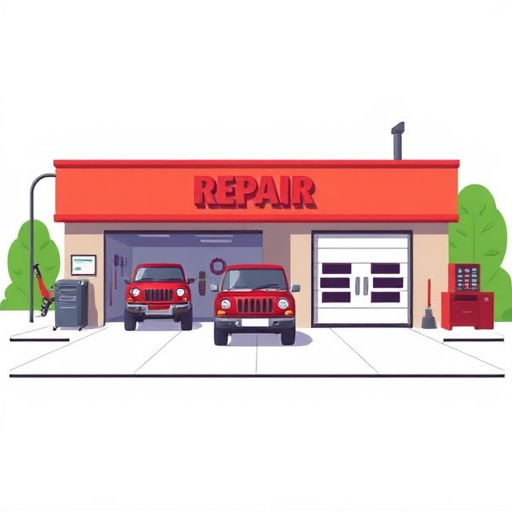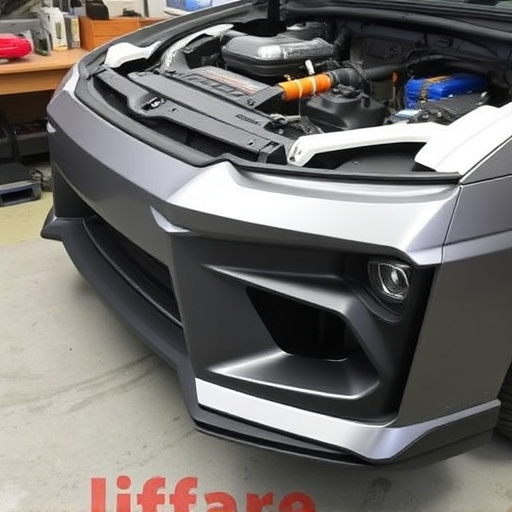The repair vs replace decision for vehicles involves balancing financial, environmental, and vehicular health factors post-damage. While new bodywork services offer efficiency, simple repairs like dent removal can extend a car's lifespan, making repair often the preferable choice. Financially, repairing can save money, preserve vehicle value, and extend lifespan, especially for cars under warranty or with high residual values. Prioritizing thorough repairs prevents severe damage, ensuring smooth performance and extending the car's overall lifespan.
Making the repair vs. replace decision is a crucial aspect of long-term vehicle care. This choice can significantly impact your wallet and your car’s performance. In today’s market, understanding the interplay between cost, longevity, and maintenance is more vital than ever.
This article navigates the paradigm shift in automotive care, offering insights into how to make informed decisions. From financial savings to ensuring optimal performance, we explore strategies to help you choose wisely between repairing or replacing your vehicle.
- Understanding the Repair vs Replace Paradigm
- Financial Implications: Cost-Effective Care
- Longevity and Performance: Choosing Wisely
Understanding the Repair vs Replace Paradigm
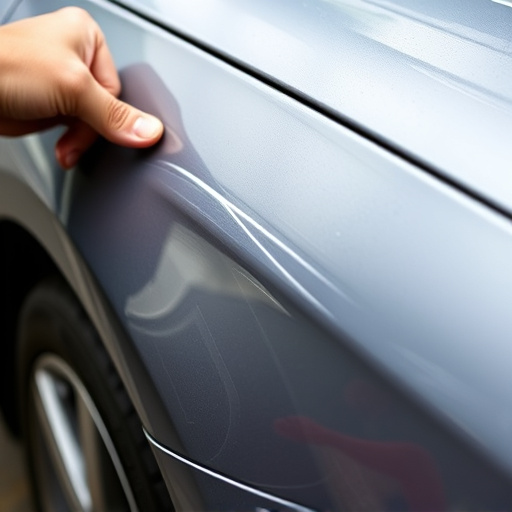
The repair versus replace dilemma is a fundamental decision point for vehicle owners, especially after an accident or when encountering wear and tear. This paradigm involves weighing the costs, benefits, and long-term implications of fixing a damaged car against purchasing a new one. It’s a critical choice that influences not just the owner’s financial situation but also the environment and the overall health of the vehicle.
When considering a car collision repair, factors like the severity of damage, availability of replacement parts, and the skill of technicians become crucial. On the other hand, replacing an old or damaged part with new car bodywork services might seem more appealing due to improved technology and efficiency. However, a simple dent removal could extend the life of a vehicle significantly, making repair the better option in many cases.
Financial Implications: Cost-Effective Care
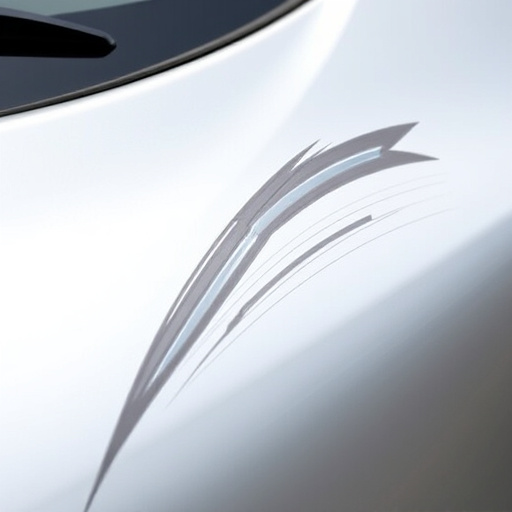
When considering a repair vs replace decision for your vehicle, financial implications should be at the forefront of your mind. While it may seem cheaper to simply replace a damaged part or even the entire vehicle, especially if it’s older, opting for repairs can often save you a substantial amount in the long run. Auto body shops offer cost-effective solutions, such as car dent removal and other minor repairs, that not only extend the lifespan of your vehicle but also preserve its value. This is particularly important for cars that are still under warranty or have significant residual value.
By choosing to repair rather than replace, you avoid the steep costs associated with purchasing a new vehicle or even a used one in the same price range. Moreover, many auto body services provide transparent pricing and flexible payment options, making it easier for drivers to make informed financial decisions that align with their budgets. This proactive approach to car maintenance not only saves money but also promotes sustainability by reducing automotive waste and extending the life of your vehicle’s various components.
Longevity and Performance: Choosing Wisely
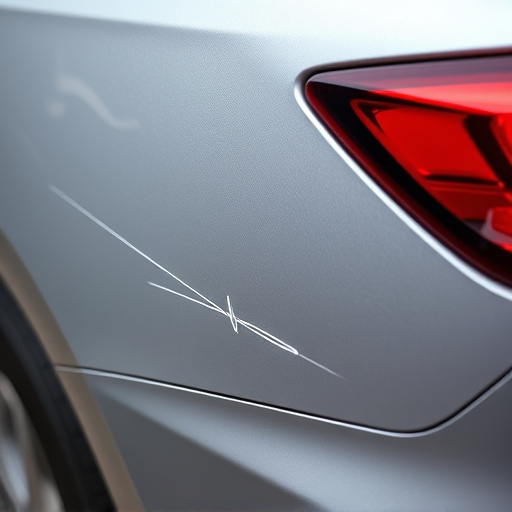
When contemplating the long-term health of your vehicle, understanding the impact of a repair versus replace decision is crucial. While a quick fix might seem appealing in the moment, prioritizing thorough repairs can extend the lifespan of your car significantly. Regular maintenance and timely repairs can keep your vehicle running smoothly, ensuring it maintains its initial performance levels for years to come.
Choosing to repair minor issues like car scratches or paint chips through methods such as paintless dent repair or auto painting can prevent more severe damage down the line. For example, a small dent or scratch might seem insignificant, but if left unattended, it could lead to rust or compromise the structural integrity of your vehicle’s body panel over time. Making informed decisions about repairs versus replacements is key to navigating the car ownership journey efficiently and economically.
When faced with a repair vs replace decision, prioritizing long-term vehicle care involves a thoughtful balance. Understanding the financial implications and assessing your car’s longevity potential are key. By weighing these factors, you can make an informed choice that not only saves costs but also ensures your vehicle maintains optimal performance for years to come. This strategic approach allows drivers to navigate the repair vs replace paradigm effectively, fostering sustainable automotive care.
